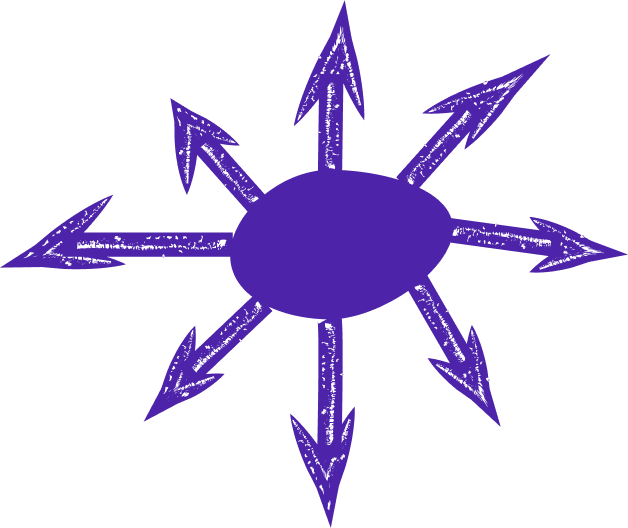
what is neural network architectures
Neural Network Architectures
Neural networks are composed of numerous interconnected nodes, known as artificial neurons or perceptrons, which are organized into layers. Each layer consists of a set of neurons that process and transmit information. The most common types of layers in a neural network architecture include the input layer, hidden layers, and output layer. The input layer receives raw data, such as images, text, or numerical values, and passes it through the network for further processing. Hidden layers, which can vary in number, complexity, and type, perform intricate computations and extract relevant features from the input data. Finally, the output layer provides the final prediction or classification based on the processed information.
The strength and effectiveness of neural network architectures lie in their ability to automatically learn and adapt to complex patterns and relationships within the data. This is achieved through a process called training, where the neural network adjusts the weights and biases associated with each neuron to minimize the difference between predicted and actual outputs. This iterative process, often referred to as backpropagation, allows the neural network to fine-tune its parameters and improve its performance over time.
Various types of neural network architectures have been developed to address different problem domains and achieve specific objectives. For instance, feedforward neural networks, including multilayer perceptrons (MLPs), are widely used for tasks such as image recognition, natural language processing, and regression analysis. Recurrent neural networks (RNNs), on the other hand, are designed to handle sequential data by introducing feedback connections, enabling them to retain information about previous inputs. This makes RNNs particularly suitable for tasks like speech recognition, language translation, and time series analysis.
Convolutional neural networks (CNNs) have revolutionized the field of computer vision by leveraging specialized layers, such as convolutional and pooling layers, to automatically extract hierarchical features from images. CNNs have achieved remarkable success in tasks like object detection, image classification, and facial recognition. Additionally, generative adversarial networks (GANs) have emerged as a powerful architecture for generating realistic synthetic data, enabling applications such as image synthesis, style transfer, and data augmentation.
In recent years, the advent of deep learning has propelled neural network architectures to new heights, enabling breakthroughs in various domains, including healthcare, finance, autonomous vehicles, and natural language understanding. The increasing availability of large-scale datasets, powerful computing resources, and advanced optimization algorithms has further accelerated the development and deployment of neural network architectures.
In conclusion, neural network architectures are the backbone of modern artificial intelligence systems, providing the framework for training and deploying deep learning models. By mimicking the structure and function of the human brain, these architectures enable machines to perform complex tasks, make accurate predictions, and learn from vast amounts of data. As the field continues to advance, new and innovative neural network architectures will undoubtedly emerge, pushing the boundaries of what machines can achieve in terms of intelligence and problem-solving capabilities.
Let’s build your next digital product — faster, safer, smarter.
Book a free consultationWork with a team trusted by top-tier companies.








